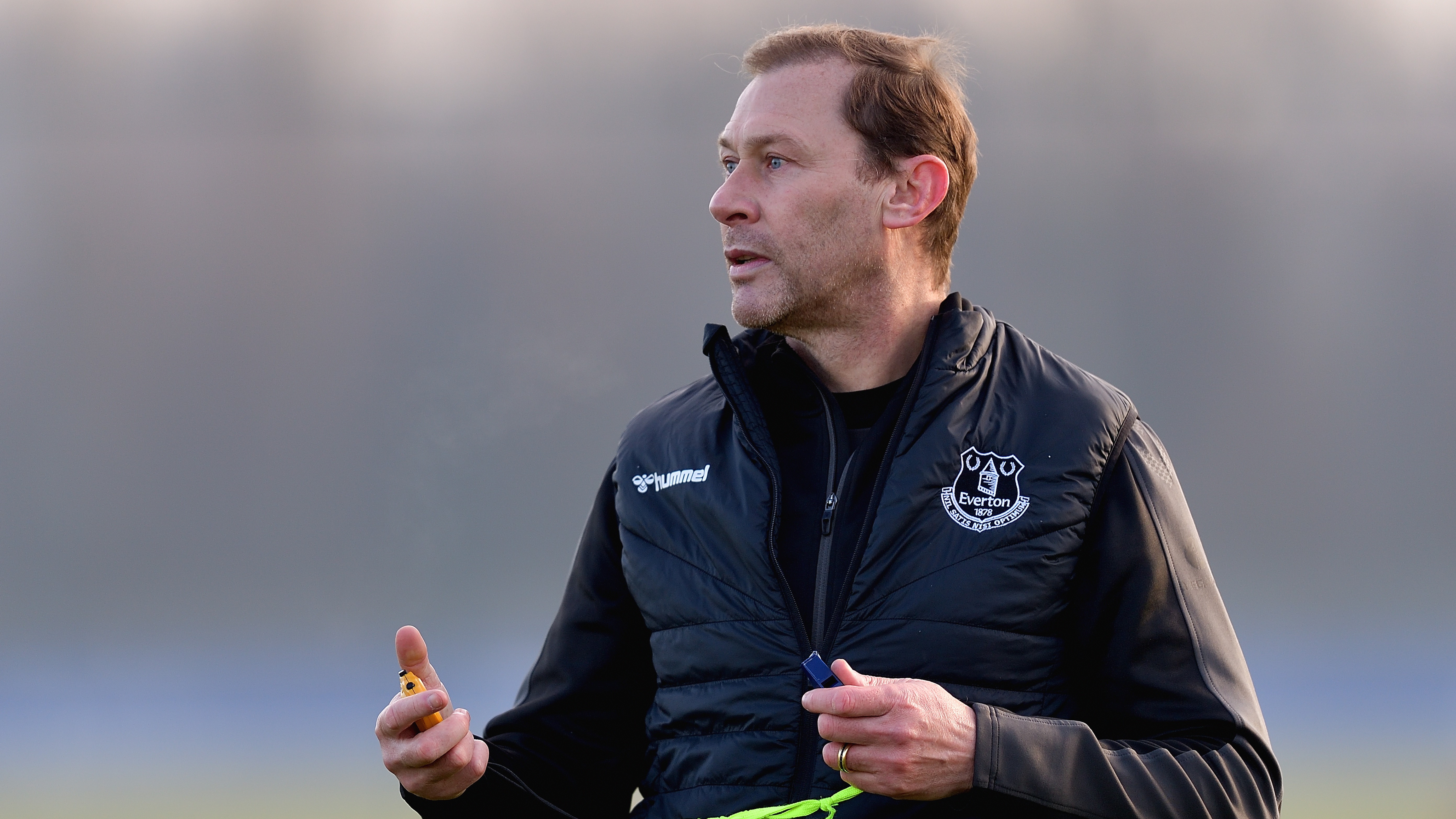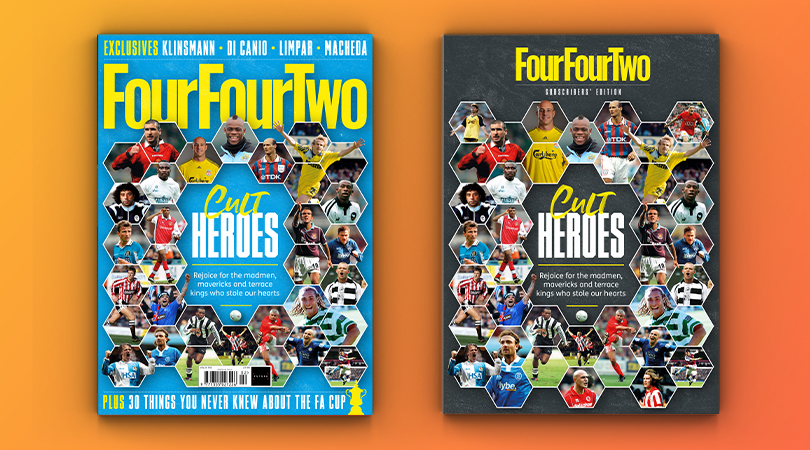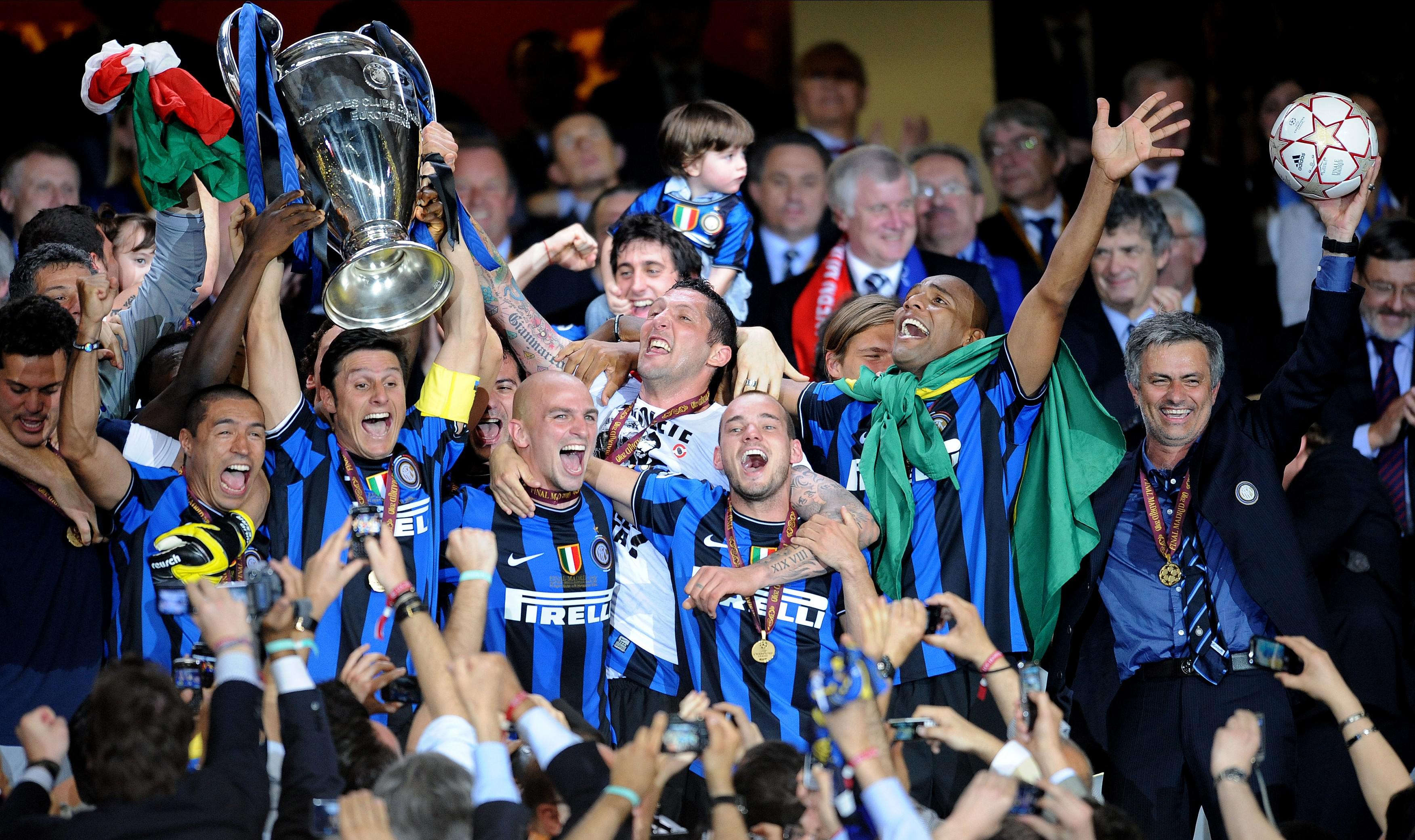How Duncan Ferguson became the great constant in Everton's chaotic managerial churn
Duncan Ferguson has been with Everton, first as a player, and now as a coach, every season since 1993

A unique figure could be a unifying figure this weekend. Sometimes managerial appointments are reactions to what went before. And, apart from sitting next to him for much of the last six months, Duncan Ferguson is Everton’s anti-Rafa Benitez. The charismatic caretaker’s reign may last a solitary game but supporters who went into open revolt have an icon to rally around.
If Benitez is indelibly associated with Liverpool, Ferguson has become Everton’s great loyalist and improbable constant. Howard Kendall’s second spell at Goodison, which ended at 1993, is the last not to feature the Scot as player or coach and Kendall, who first joined Everton in 1967, was his mentor.
Ferguson’s status as a mysterious, mythical man, famously mute in public, infamously brutal on the pitch (and, for reasons never fully explained, collecting a disproportionate share of his many red cards for assaults on people of central European origin) accompanied him into retirement. A fine book, In Search of Duncan Ferguson, was written by the Scottish journalist Alan Pattullo; the striker had seemingly cemented his role as a recluse by retiring to Mallorca.
Now he is invariably found by the sides of Everton managers as different as Roberto Martinez, Ronald Koeman, Sam Allardyce, Marco Silva, Carlo Ancelotti and Benitez. He has looked an unlikely sidekick for each. As they have lost popularity, or never had it anyway, he has retained his own.
He rarely feels blamed for their failings. Instead, he offers the essence of Everton.
A club that has lost its way will, albeit temporarily, turn to a man imbued in its history. There was a throwback element to Ferguson’s first reign as caretaker, after Silva’s sacking in 2019, whether the unashamedly direct tactics, the raucous atmosphere at Goodison Park, the sight of a cult hero setting off down the touchline and swinging ball boys around him in celebration. The link to the past was physical as well as symbolic: Ferguson wore Kendall’s watch, given to him by the widow of arguably Everton’s greatest manager.
He began with a stirring win over Chelsea, then managed by Frank Lampard. Now there is another nostalgic clash in the dugouts: Ferguson v Steven Gerrard in Everton’s Saturday clash with Aston Villa has an early 2000s feel to it. Perhaps Gerrard’s presence will rouse Goodison further. Certainly, it was febrile when Chelsea were battered in the interregnum between Silva’s departure and Carlo Ancelotti’s arrival, even if Ferguson’s final game, a stalemate with Arsenal, showed the limitations of long-ball football and 4-4-2.
Get FourFourTwo Newsletter
The best features, fun and footballing quizzes, straight to your inbox every week.

But one of the questions about Ferguson is how much his ideas dovetail with those of the many managers he has assisted; they have tended to take other members of their coaching staff to subsequent jobs but not him. His longevity and loyalty is understandable given managing Everton is his dream job; albeit one that, with Farhad Moshiri’s fondness for big names and experience, he appears unlikely ever to get.
There is a facetious theory that no one is brave enough to sack him. There have been moments when it has been tempting to wonder whether Ferguson has had much input, besides filming amusing videos for fans, but, beyond his symbolic value, he did help transform Dominic Calvert-Lewin into a goalscorer. If Ferguson has revealed a little more of himself in recent years, he has emerged as a more likeable figure than some expected.
He has come to represent qualities Everton have sometimes mislaid in the Moshiri era: for him Everton is not a consolation prize, a stepping stone or an opportunity to squeeze more money out of a gullible owner. It needs more than the cliches of passion, playing for the fans and love of the club to manage them in the long term, and perhaps Everton do not believe Ferguson possesses it, but he is well placed to galvanise them now.
Some felt he was afforded legendary standing too easily, given the sendings off, suspensions, injuries and diminishing goal return; he squandered some of his considerable talent, but it felt granted because there was no one quite like him and because he could be unstoppable. Maybe Ferguson the coach, the unselfish assistant who is usually in the background, has been the antidote to Ferguson the player. Now he assumes centre stage again for what could be another stirring, surreal cameo.
Subscribe to FourFourTwo today and get three issues for £3.
Restock your kit bag with the best deals for footballers on Amazon right now
ALSO READ
LIST Football Manager 2022: All the FM22 wonderkids you'll need to sign
Richard Jolly also writes for the National, the Guardian, the Observer, the Straits Times, the Independent, Sporting Life, Football 365 and the Blizzard. He has written for the FourFourTwo website since 2018 and for the magazine in the 1990s and the 2020s, but not in between. He has covered 1500+ games and remembers a disturbing number of the 0-0 draws.

